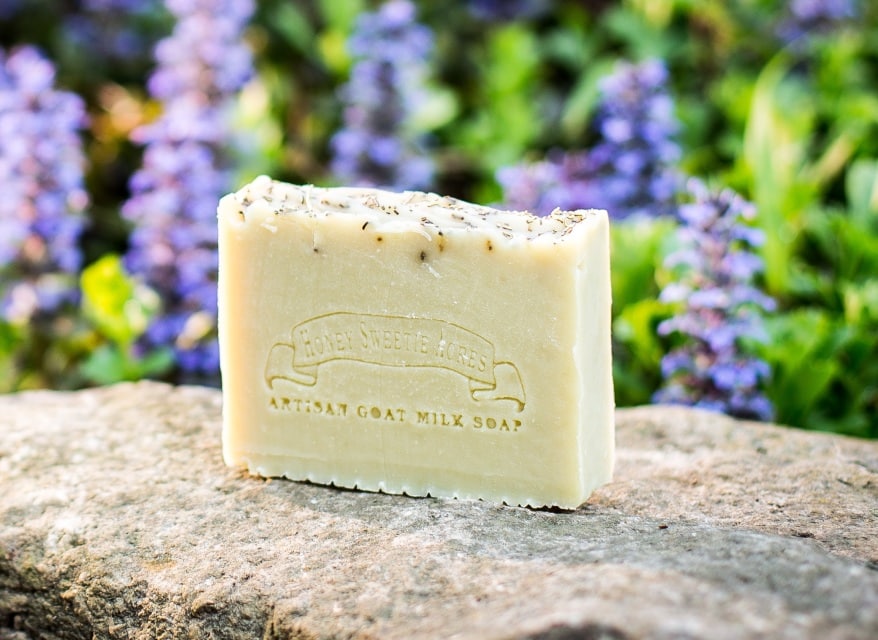In our Blog, we periodically like to provide our readers with specific information regarding a specific essential oil. For this month, we are taking a look at Rosemary. The rosemary bush is a member of the mint family, which includes myrtle, sage, lavender and basil.
Known as under the botanical name Rosemary Officinalis, it has been in use for millennia. Ancient Egyptians used it as a form of incense, the Romans used it as a medicinal and ceremonial herb and to this day it is one of the most popular culinary herbs in the Mediterranean. While you can ingest the Rosemary herb, the essential oil is for topical use only. Rosemary is one of the most versatile and powerful essential oils available. When properly diluted, the list of potential benefits is incredibly long and fascinating!
We stress that essential oils should not be taken internally – they are much too concentrated and this can be dangerous. If you want to deliver essential oils internally, incorporate the fresh or dried culinary herb into your diet. Consuming these plants will deliver a small, diluted amount of the essential oil to the body in a way that we are able to safely metabolize.
We repeat…..for the benefit of new Blog readers….. essential oils can cause allergic reactions when used improperly! Any topical application of Rosemary or other oils should be diluted in a carrier oil and applied only on a small area of the skin. Women should not use Rosemary oil during their pregnancy.
Rosemary Essential Oil can be pungent and has a woodsy overtone. It is neither floral nor perfumed, possessing a true “green earthy” aroma. To experience Rosemary essential oil benefits properly, place a drop or two on a slip of paper. Allow it to rest for 15 seconds and then wave the paper under your nose to experience the essence. Sniffing from a bottle does not give you the true “scent” of any essential oil….you are only catching the top note, which can be very deceiving and even distasteful all by itself.
If you are someone who does not particularly like the “smell” of Rosemary, it blends well with many other pleasing essential oils. Very nice blends may be made with Lavender, Eucalyptus, Basil, Sage & Chamomile to name just a few.
Essential oils do not contain “magical properties”, however they do contain often more than 100 individual, distinct compounds that attach to receptor cells in our body and bring about degrees of healing and change.
Rosemary Essential Oil is anti-fungal, anti-bacterial and anti-microbial. Multiple research studies have born this out. Researchers have been able to kill the bacterium…..propionibacterium…..found in acne with Rosemary. In addition, its antioxidant and antimicrobial benefits are bringing Rosemary to the forefront today as a possible natural food preservative.
As you seek to learn more about essential oils, respected peer-reviewed journals are your best choice. In a 2011 review “Critical Reviews in Food, Science & Nutrition” multiple studies are shared in which Rosemary suppressed tumor development in the breast, stomach, liver and colon as well as leukemia cells. The molecular components of Rosemary including ursolic acid, rosmarinic acid, carnosol, and carnosic acid. These have been found to inhibit cancer cells.
The Rosemary Essential Oil benefits for your skin are numerous……inhibiting dandruff, acne, rosacea, and athletes foot are just a few. We recently blended Rosemary & Basil essential oil for our new Rosemary & Basil Goat Milk Soap. If you are not a fan of Tea Tree, this may be a fragrant alternative to try with acne and other inflammatory skin issues.
The best way to add Rosemary to your diet is from your own fresh herb garden. It is very simple to grow and requires very little care. Cut a few sprigs and lay them out to dry in the sun. After a few days, skim off the needles and save in a jar for use. A few needles added to soups or stews will invigorate the flavor profile of any dish and treat you to added anti-oxidants.
USEFUL TIP:
Make an all natural insect repellent. You will need
- 10 drops of clove
- thyme
- basil
- rosemary
Mix in a water spray bottle. This mixture will kill insects but it will also protect your ornamental and vegetable plants from pesky fungus!
REFERENCES:
1). PubMed.gov: Investigation of Antibacterial Activity of Rosemary Essential Oil Against Propionibacterium
2). “The A-Z Guide to Healing With Essential Oils”; Shelagh Masline et al.; 1997
3). http://www.mdpi.com/1420-3049/17/3/2704 (Full text)
4). http://www.ncbi.nlm.nih.gov/pubmed/24481553


